"However, the Hoang family tends to describe emotions and their writing style is often sentimental and elaborate; while the Ho family tends to describe events and their writing is strong and simple..." (Vu Ngoc Phan, Modern Writers , 1959).
Poor background
Ho Bieu Chanh, real name Ho Van Trung, was born in 1885, in a poor farming family in Binh Thanh village, old Go Cong province. At the age of 9, he began studying Chinese characters at the village school. When his family moved to Ong Hue market, he studied the national language. In the 1902-1903 school year, he received a scholarship from My Tho High School and then Chasseloup-Laubat School in Saigon. In 1905, he took the Thanh Chung exam and passed with second class.
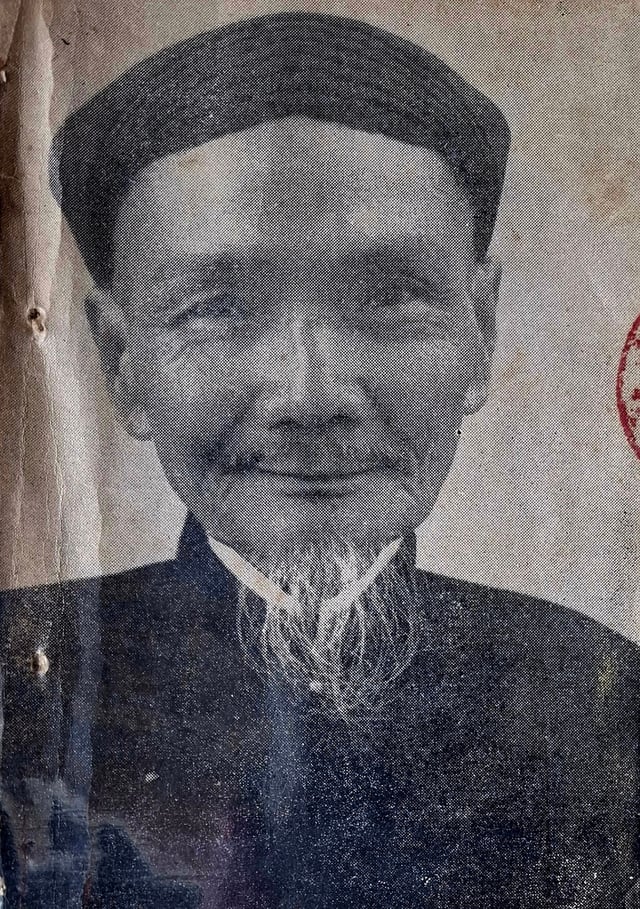
Writer Ho Bieu Chanh on the cover of Van magazine, 1967
PHOTO: HOANG PHUONG captured
Describing his life of poverty, Ho Bieu Chanh wrote: "Two days before the day of departure, my mother complained that she had run out of money, so my father went to find someone to borrow money... The last day, it was evening and my father still hadn't returned. It was really late, my mother wrapped a pair of clothes, walked to the market to get them, and got 3 dong. My mother folded the paper and put it in her pocket, and gave me all the money. When the train opened the rope and started moving, I stood looking at my mother on the pier, tears streaming down my face..." (Nguyen Khue, Portrait of Ho Bieu Chanh , 1974).
After passing the Thanh Chung exam, Ho Bieu Chanh intended to apply for teaching, but his old teacher advised him to take the exam for the scribe position. In 1906, he passed the exam for the Soai Phu Cochinchina scribe position and worked at the Dinh Thuong Tho in Saigon. In 1911, because he was suspected of being friendly with Tran Chanh Chieu's group, he was transferred to Bac Lieu . At that time, being a scribe was easy to make money "because the Bac Lieu court was no different from a market selling sweet soup and porridge, money was exchanged for porridge", but he still maintained a simple life.
In 1936, he was promoted to Governor and then retired because he had been a civil servant for 30 years. Because there was no one to replace him, the colonial government kept him in office until mid-1941.
Few people can do it
Ho Bieu Chanh had 9 children. The eldest son was Ho Van Ky Tran, who managed the Nam Ky weekly newspaper and Dai Viet magazine. Ho Van Ky Thoai was the eldest grandson. In 1958, when he passed away, poet Dong Ho and poetess Mong Tuyet came to pay their respects and read the couplets with the entire titles of his books: " The bitterness of life, sixty-three novels written, For righteousness, for love, How many can wake up from a dream? Who can do it? The burden of life is heavy, the diligence of seventy-four years old, True and false, false and true, When love is over, one must follow the times ."
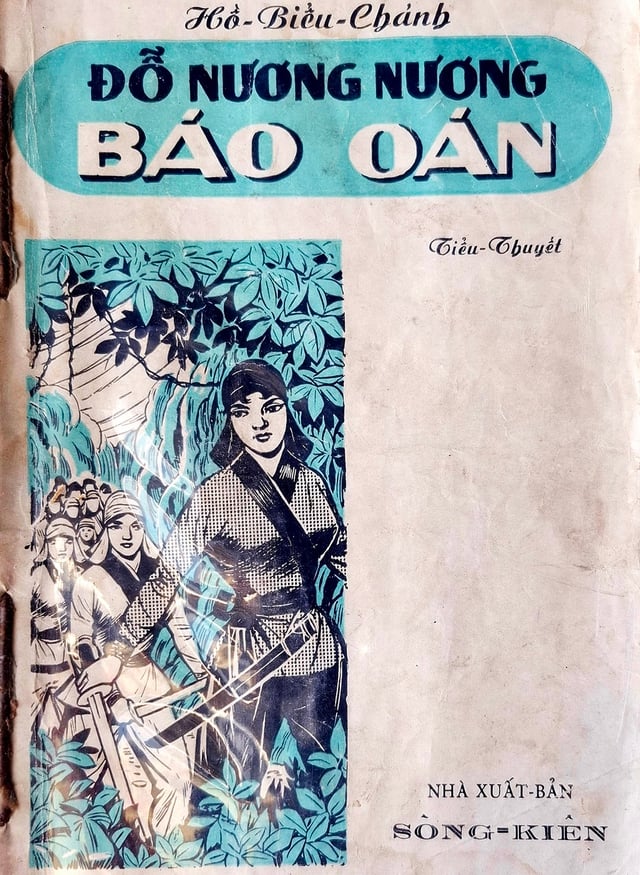
Some works of Ho Bieu Chanh
PHOTO: HOANG PHUONG
In 1909, he had his first work, the novel U tinh luc , in the luc bat form. When he moved to Ca Mau in 1912, the simple and leisurely scenery here, with mangrove forests, cajuput forests, salty water and swarming mosquitoes... molded his writer's soul and he wrote his first prose novel: Ai lam doc , telling the story of Ca Mau and considering Ca Mau as his homeland.
According to author Nguyen Khue, from U tinh luc (1909) to Hy sinh (1958), Ho Bieu Chanh was passionate about writing for half a century. His works include many genres: novels, short stories, prose, comedy, opera, reformed opera, research, poetry, essays, translations and memories of his life. There are 64 novels alone.
During his time working in Long Xuyen, Ho Bieu Chanh cooperated with Mr. Le Quang Liem, Dang Thuc Lieng... to publish Dai Viet Tap Chi, the first issue was published in January 1918. This is considered his first step in journalism. According to author Huynh Van Tong ( History of Vietnamese Press , 1973), Dai Viet Tap Chi stopped publishing in July 1918, meaning that it only published 7 issues, although it held an important position in the dissemination of the national language in the South during this period.
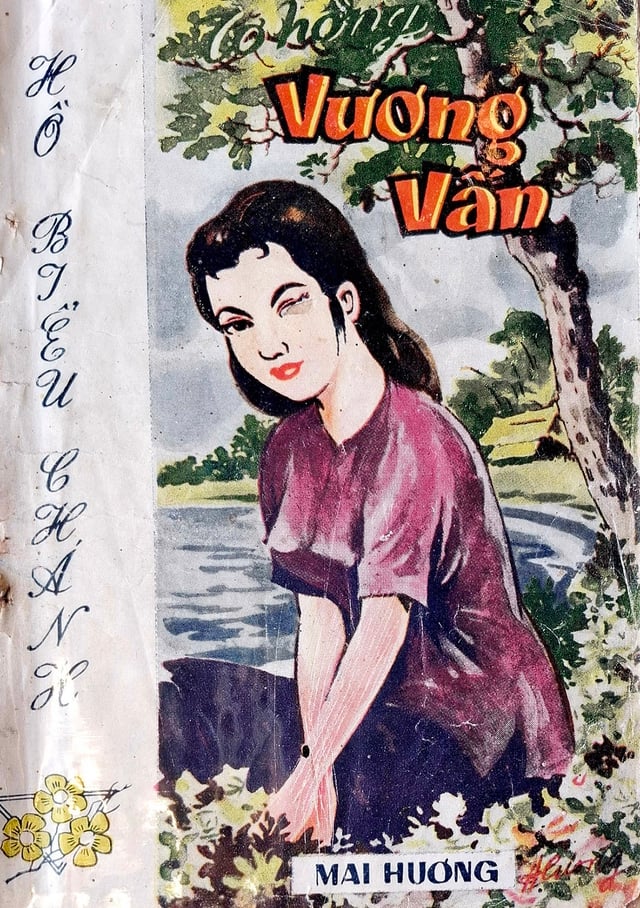
Some works of Ho Bieu Chanh
PHOTO: HOANG PHUONG
After retiring, Ho Bieu Chanh started publishing the Nam Ky Weekly and Dai Viet Magazine. Nam Ky Weekly was published every Thursday, the first issue was published on September 3, 1942 with many columns: discussion, research, criticism, translation, novels, domestic and international news... But in June 1944, the newspaper stopped publishing after publishing 85 issues, the reason is said to be that newspaper printing paper was scarce at that time, due to World War II.
In the magazine Van (April 15, 1967), writer Binh Nguyen Loc wrote: "Ho Bieu Chanh is an event in the history of Vietnamese literature, especially in the South, in terms of form and writing style. The novels that we read before Ho Bieu Chanh were written in a style that was loud but empty. Roughly speaking: "In the afternoon, birds chirped in the sky, fish swam aimlessly in the river, Lam Tri Vien held a newspaper in one hand, a walking stick in the other, and walked briskly on Vet Don Street to welcome his lover and exchange confidences." Le Hoang Muu's novels were much more passionate, written entirely in parallel prose from the first page to the last, the lower sentences contrasting sharply with the upper sentences...
Ho Bieu Chanh is good because he only writes according to the thoughts of an ordinary person. For the first time, readers see the image of a poor dog lying with its tongue out on the porch of a thatched house, hear the sound of frog music in the deep fields in the afternoon, all are familiar images but so strange". In terms of content, most of his novels are well-rounded, loyalty is rewarded, flattery is punished, resentment is repaid, kindness is repaid... (to be continued)
Source: https://thanhnien.vn/ho-bieu-chanh-va-nua-the-ky-dam-me-tieu-thuyet-185250630234321164.htm




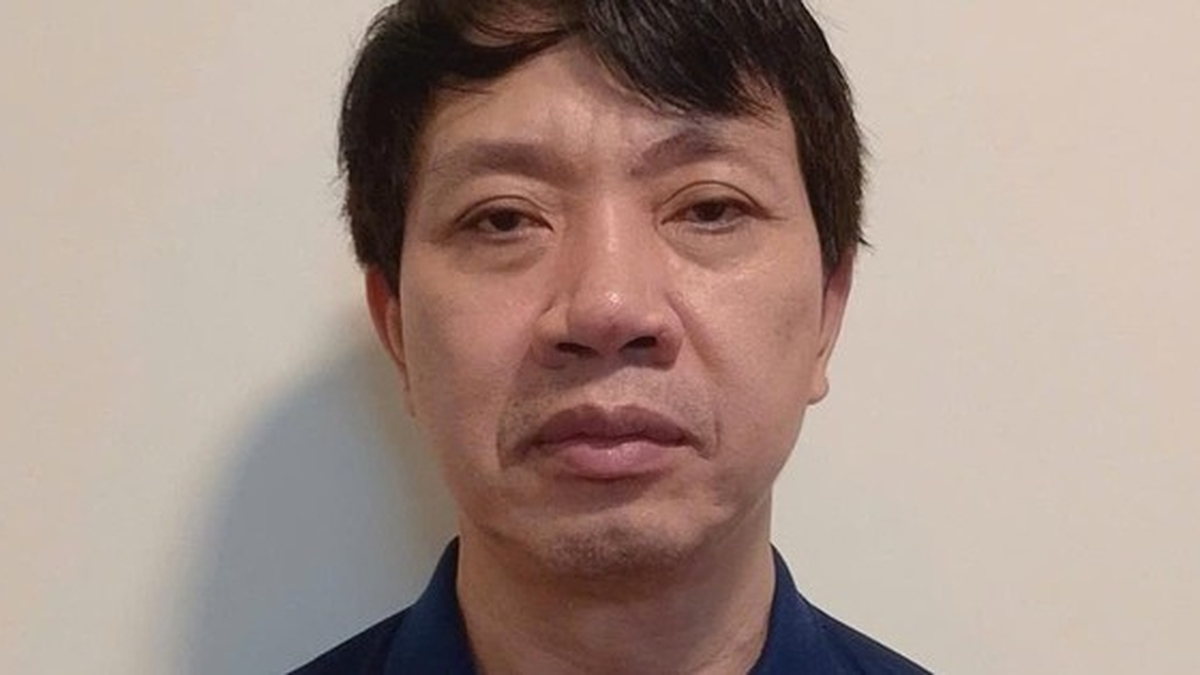

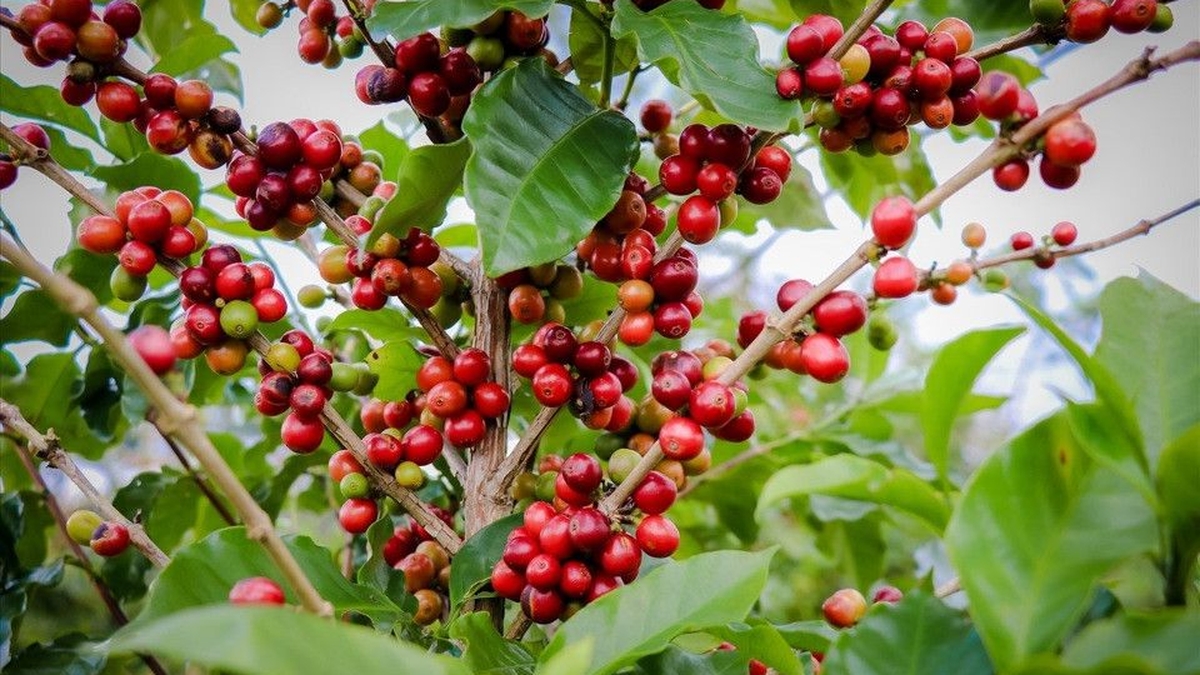

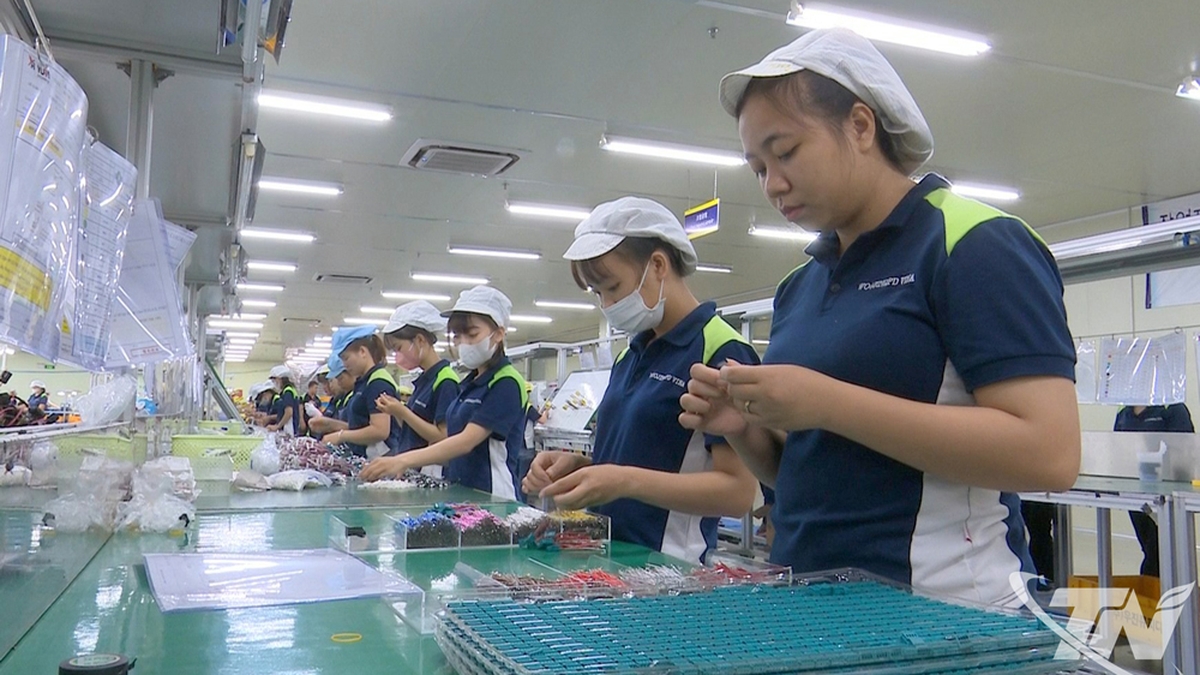
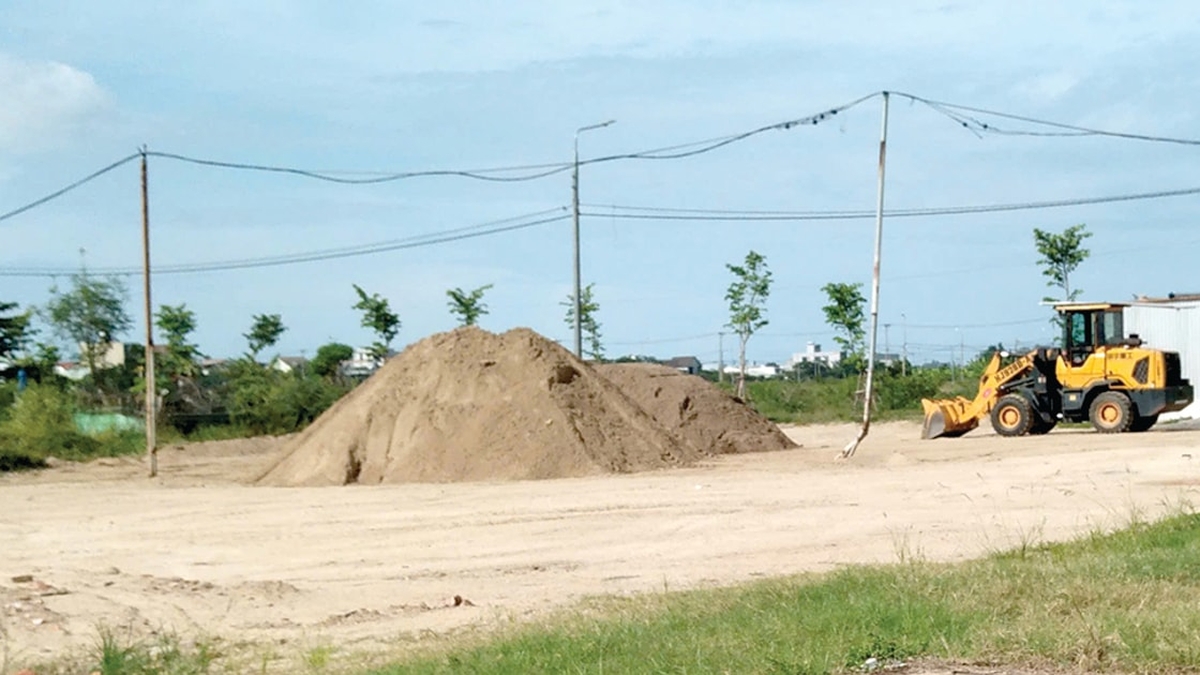
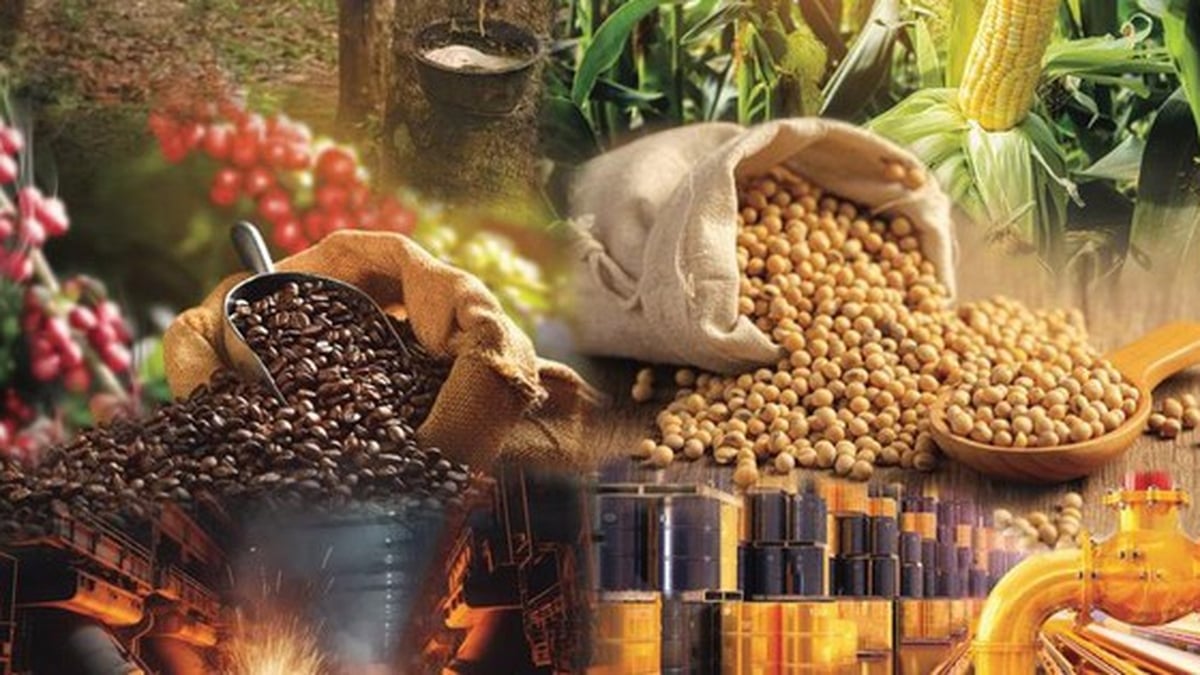
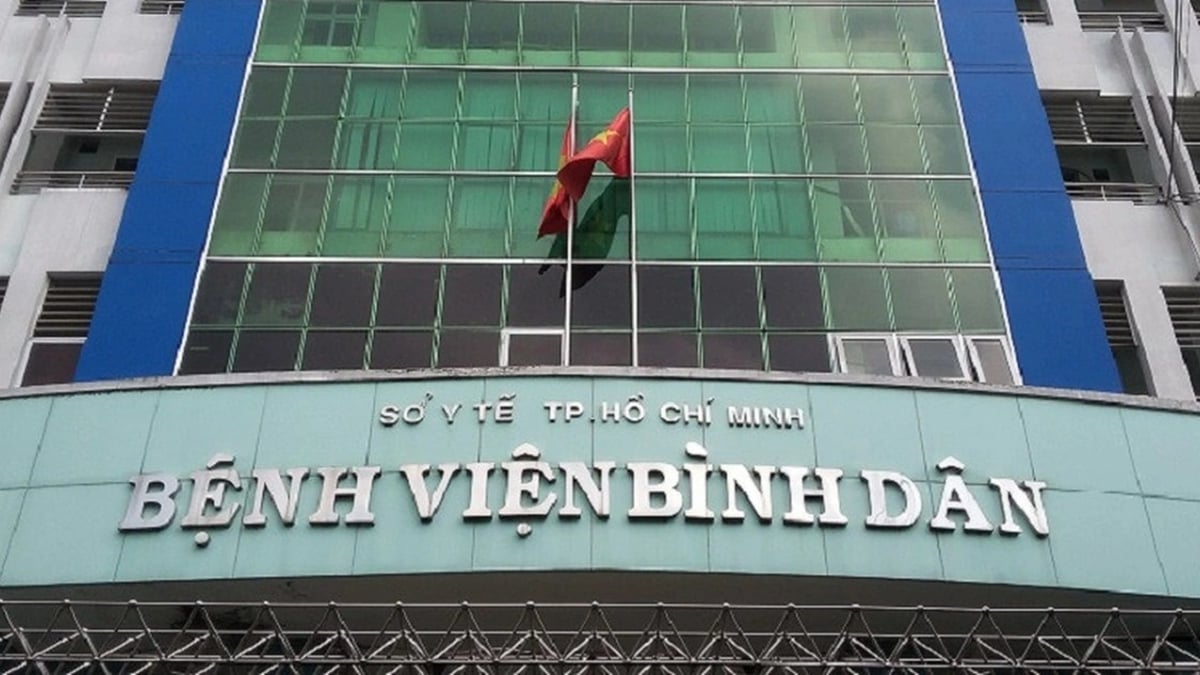


















![[Photo] Gia Lai provincial leaders offer flowers at Uncle Ho's Monument with the ethnic groups of the Central Highlands](https://vphoto.vietnam.vn/thumb/1200x675/vietnam/resource/IMAGE/2025/7/9/196438801da24b3cb6158d0501984818)




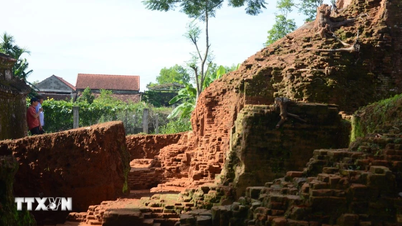

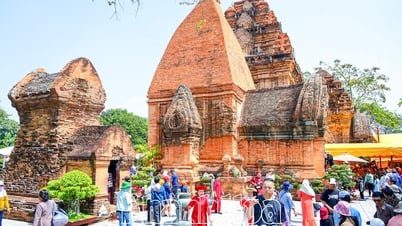

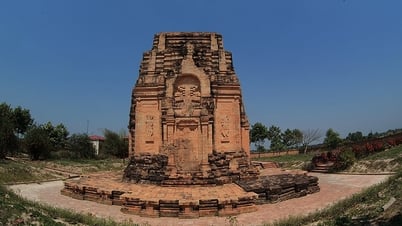

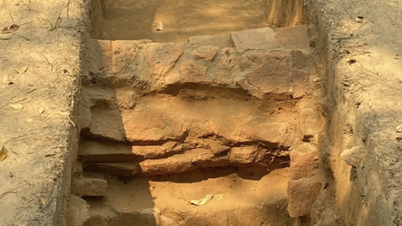





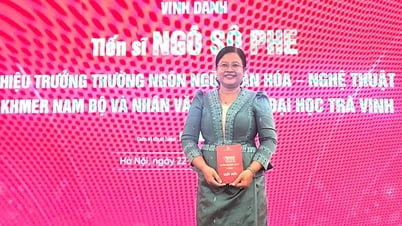












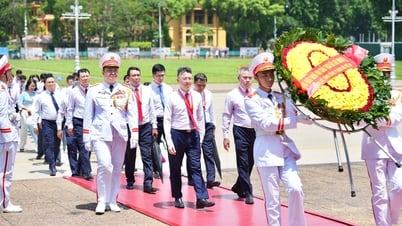

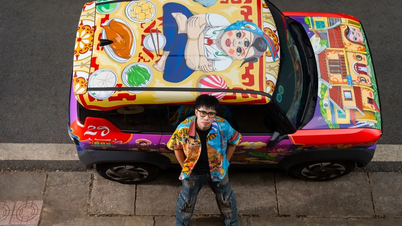







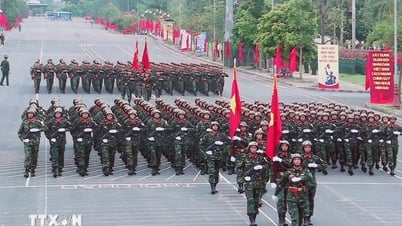




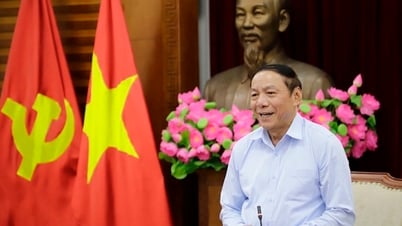



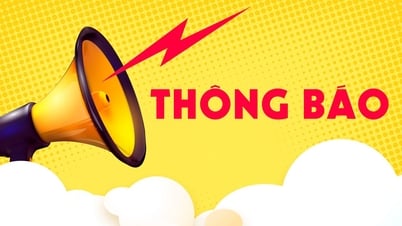












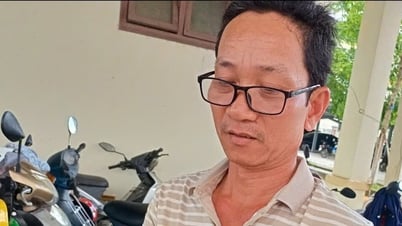


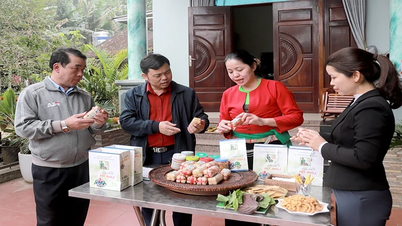





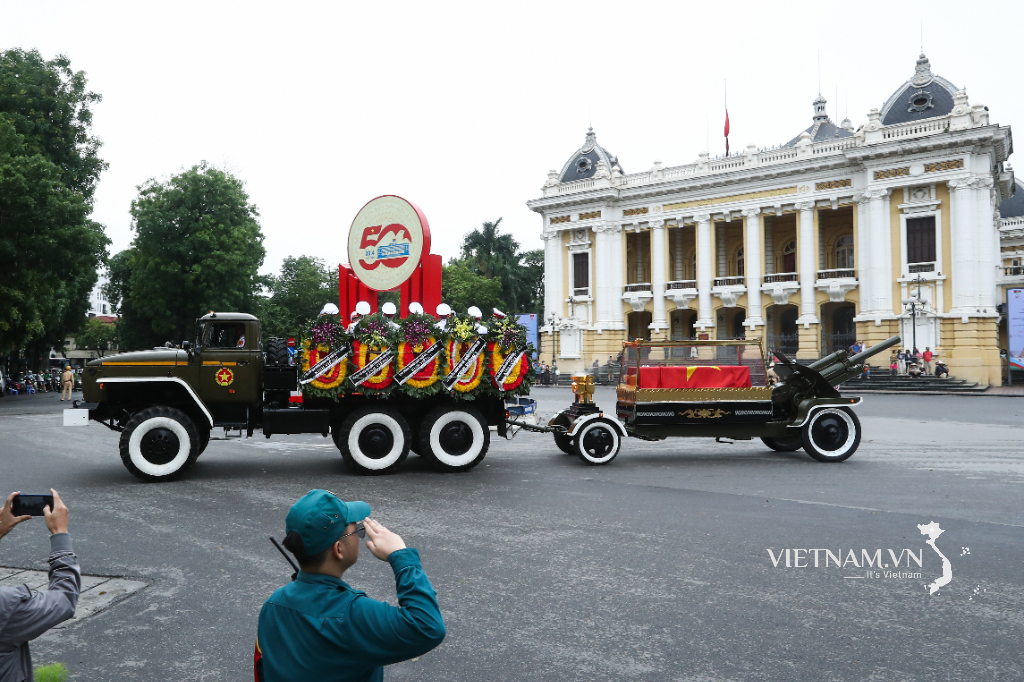

Comment (0)